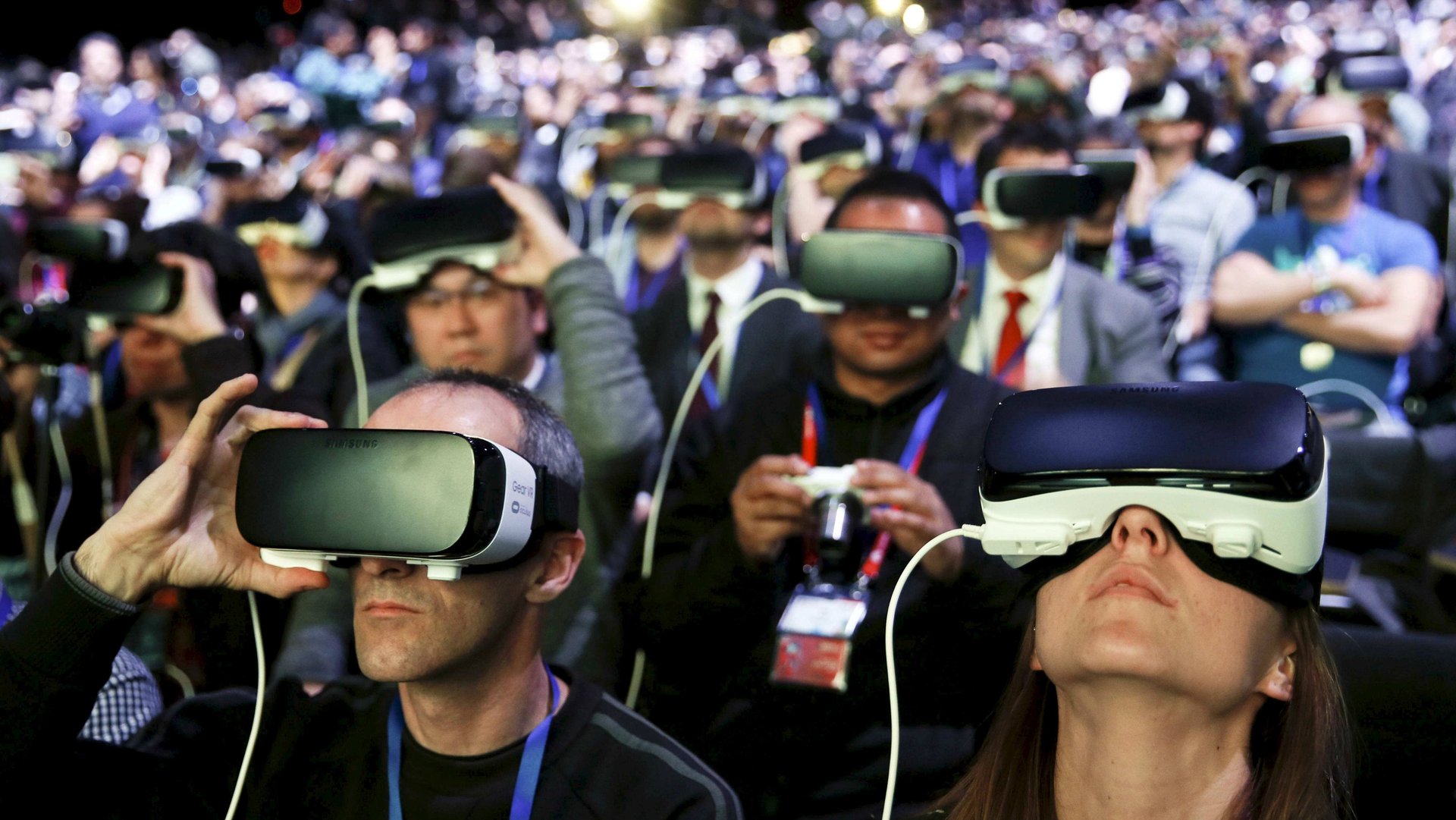Finnish authorities think kids are paying a steep price for their parents’ internet addiction
Finns lead the world in smartphone use, and some officials are worried it’s taking a toll on the nation’s children.


Finns lead the world in smartphone use, and some officials are worried it’s taking a toll on the nation’s children.
In the first nine months of 2016, people in Finland used almost double the amount of data per month (7.2 gigabytes) than second-place South Korea (3.8 gigabytes), in a study of 32 countries released this month by industry analysts Tefficient. Finns can thank the prevalence of unlimited data plans for this; Tefficient says 47% of SIMs in Finland come with unlimited data.
But those cushy plans may come with a downside. Last month, the city of Helsinki’s health department launched a campaign (link in Finnish) to fight phone overuse, with the tagline “Indifference is today’s violence.” The campaign seeks to combat child neglect, and uses a distracted mother on her smartphone as an example in the promotional video:
The clip ran for two weeks in Helsinki’s movie theaters as part of an annual campaign against various forms of violence (the city has previously run a campaign against violence toward the elderly, for instance). “Neglecting a child can be one kind of violence,” a city spokesperson told Quartz.
Helsinki’s PSA has drawn some ire, with both the health department and the Finnish advertising ethics council receiving complaints (link in Finnish). According to local media reports, some residents questioned whether it was right to imply that smartphone use was a form of neglect, without addressing physical violence. Others interpreted the ad as unfairly directed towards mothers.
Within days, Helsinki’s health agency apologized (link in Finnish) for offending viewers. “The City of Helsinki does not want hurt or insult anybody,” a spokesperson said.
Other major cities have also expressed concern about citizens’ heavy smartphone use. Earlier this year, officials in Seoul installed hundreds of signs at pedestrian crossings and on sidewalks, reminding residents to remember oncoming traffic while they’re facedown in their phones.